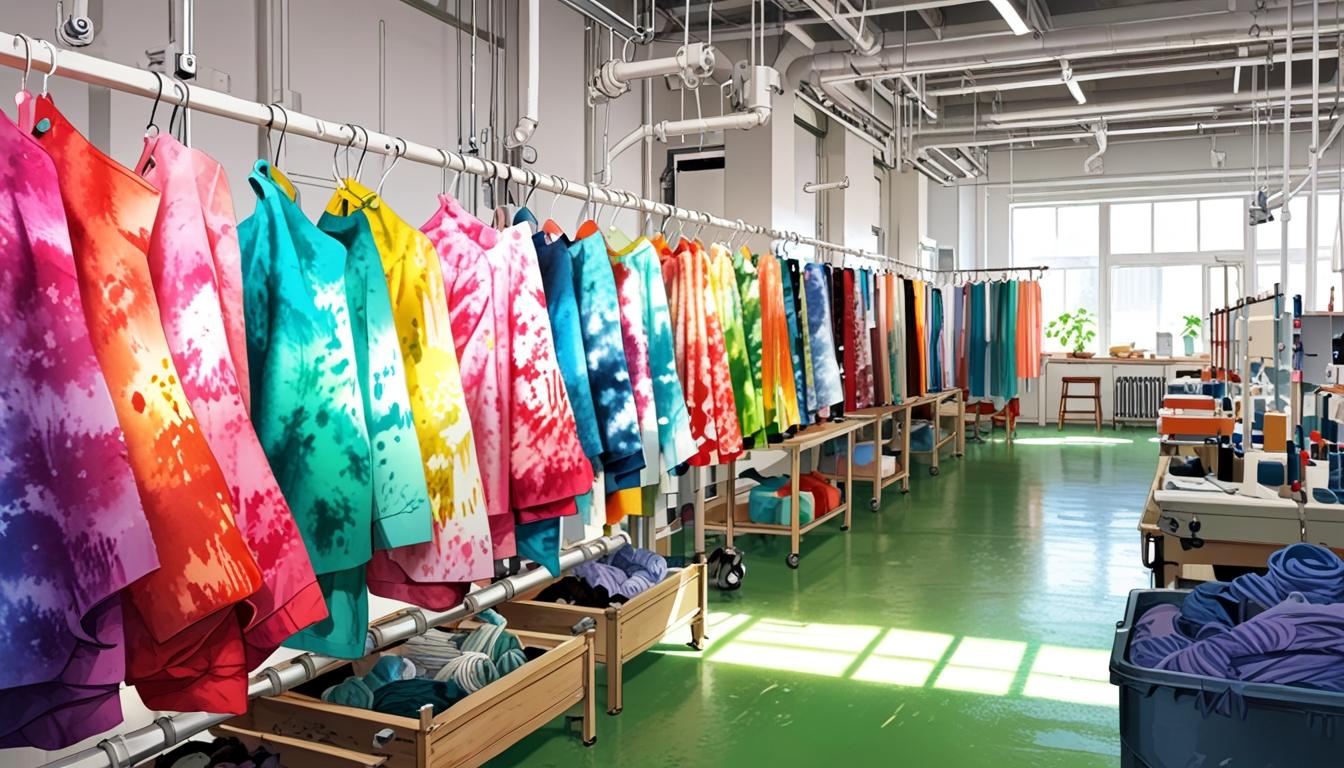The University of Coimbra has initiated the DyeLoop project, aimed at enhancing sustainability and efficiency in textile dyeing with a €1.4 million grant.
The University of Coimbra (UC) is undertaking a significant project aimed at revolutionizing the textile dyeing industry through innovations in sustainability and efficiency. Officially launched on February 18, the project, named DyeLoop – Circular Technologies for Textile Dyeing, is backed by a funding grant of €1.4 million (approximately $1.47 million) from the Calouste Gulbenkian Foundation.
Jorge Pereira, who serves as the project coordinator and is also a professor and researcher at the UC faculty of sciences and technology, highlighted the transformative potential of the project, stating, “This is a paradigm shift for the textile industry. After the dyeing process, instead of sending the wash water for treatment and disposal, DyeLoop recycles the dye bath effluents back into the process.” This innovative approach targets a reduction in both water and energy consumption, aiming to create a more sustainable textile sector.
Over the next three years, the DyeLoop project intends to delve into the development of pioneering biotechnological solutions that can facilitate the production of environmentally friendly textiles. Pereira further elaborated on the project’s objectives, asserting that “DyeLoop will enable the development and implementation of an industrial prototype, expected to reduce textile dyeing costs by more than 50 percent.” This ambitious goal aligns closely with broader efforts to minimize the environmental footprint associated with textile production.
The initiative has been formulated to optimize resource use while significantly lowering the ecological impact of dyeing processes, which is a critical concern in the textile industry. According to information from the University of Coimbra’s website, the project reinforces commitments to achieving Sustainable Development Goals as part of the UN’s 2030 agenda.
The launch ceremony of the DyeLoop project was also attended by notable figures in academia and philanthropy, including Amílcar Falcão, rector of the University of Coimbra, and key representatives from the Calouste Gulbenkian Foundation, such as António M Feijó, president of the board of trustees, and António Cruz Serra, the executive trustee. The collaborative effort aims not only to enhance the efficiency of dyeing processes but also to set new standards for sustainability in the textile industry, marking a significant step forward in environmentally responsible manufacturing practices.
Source: Noah Wire Services




